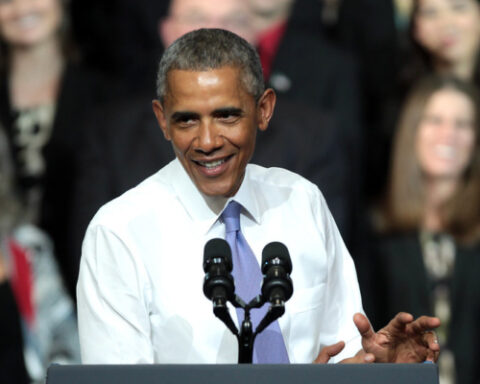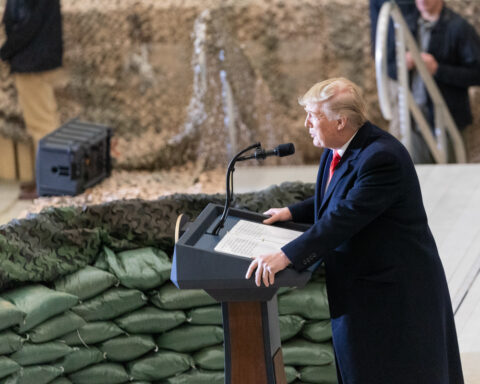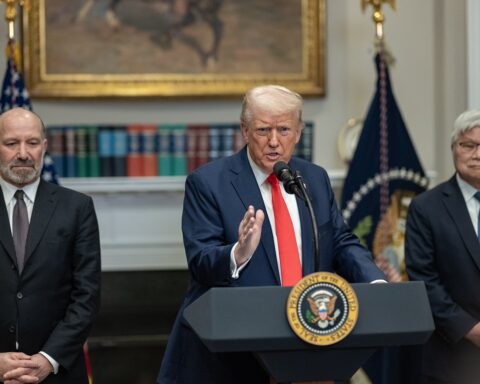If President-elect Donald Trump eliminates the $7,500 federal tax credit for electric vehicles, California reportedly intends to provide its own rebates in response.
On Monday, Governor Gavin Newsom reportedly suggested the development of a new iteration of a program that was discontinued last year.
This program provided rebates of up to $7,500 to qualified purchasers of electric vehicles (EVs) or plug-in hybrids.
He stated that his objective was to reduce the cost of operating non-polluting vehicles.
According to Newsom, the rebates would be funded by refineries, food-manufacturing plants, and other facilities that pay the state to be permitted to emit greenhouse emissions.
Newsom, a potential candidate for the presidency in 2028 and a Democrat, has established California as a primary adversary of Trump.
In the days following Trump’s election this month, Newsom requested an emergency special session to “protect California values” in anticipation of his second term.
According to President-elect Trump, he intends to eliminate California’s regulations prohibiting the sale of new gasoline-powered vehicles and trucks by 2035 on the first day of his presidency.
During Trump’s initial administration, California was deprived of its autonomy in establishing its own air pollution standards; however, the Biden administration reinstated this authority.
One of the initial salvos in what could be a protracted conflict with the Trump administration is California’s proposed electric vehicle rebates.
Newsom has established ambitious objectives to combat climate change. The United States withdrew from the Paris climate agreement to reduce emissions and rolled back environmental regulations during Trump’s first term. In 2021, the United States re-entered the agreement under Biden’s leadership.
California, the nation’s largest automobile market, has consistently established emission standards that exceed those of the federal government as a result of a waiver granted under the Clean Air Act.
California’s regulations are implemented in over a dozen states. Automobile manufacturers have adhered to California’s regulations in order to prevent the production of distinct vehicles for varied standards.
Proponents of electric vehicles argue that a nation that is entirely dependent on electric vehicles could more effectively address climate change.
Auto-industry lobbyists contend that California’s intention to prohibit the sale of gasoline-powered vehicles by 2035 would be challenging to implement due to the potential for delays in the construction of electric vehicle recharge networks and the procurement of raw materials for battery production.
The federal government provides billions of dollars in tax incentives to manufacturers to manufacture EV batteries in the United States as part of the Biden administration’s Inflation Reduction Act of 2022.
The same law enables qualified electric-vehicle purchasers to receive up to $7,500 in tax savings as an incentive to transition from gas-powered vehicles to electric vehicles.
Trump has criticized the Inflation Reduction Act as a corporate windfall and declared in September that he would “rescind all unspent funds” under the law.
The $7,500 credit is perceived as susceptible to elimination or reduction by the incoming Trump administration by many industry executives and lobbyists.
[READ MORE: Rabbi Abducted in UAE Found Brutally Murdered in What is Believed to be Anti-Semitic Assault]














